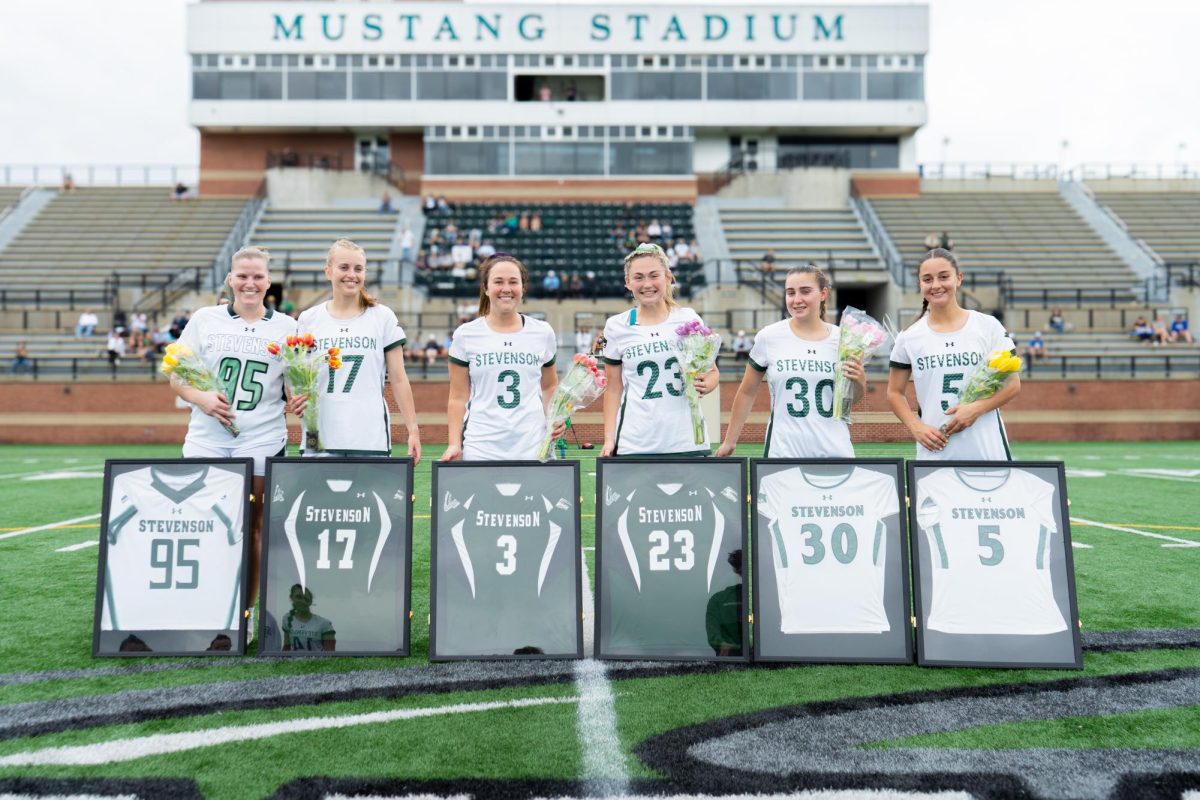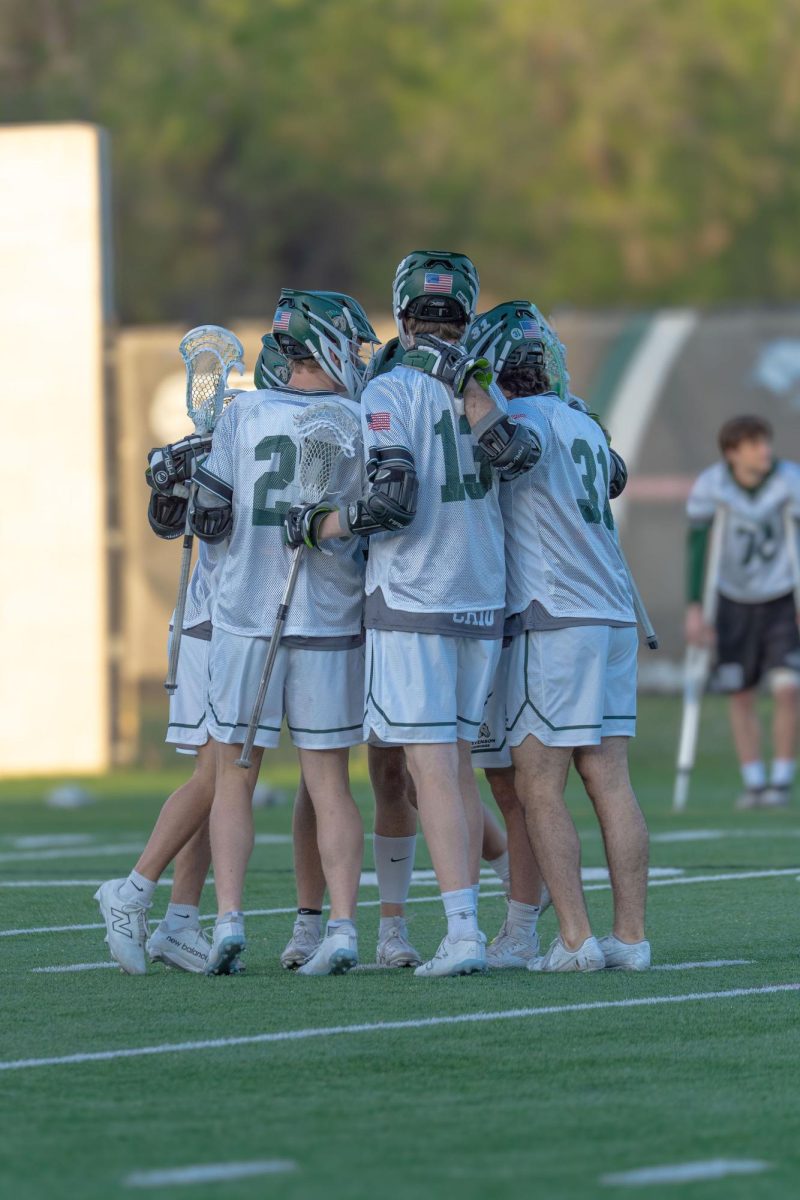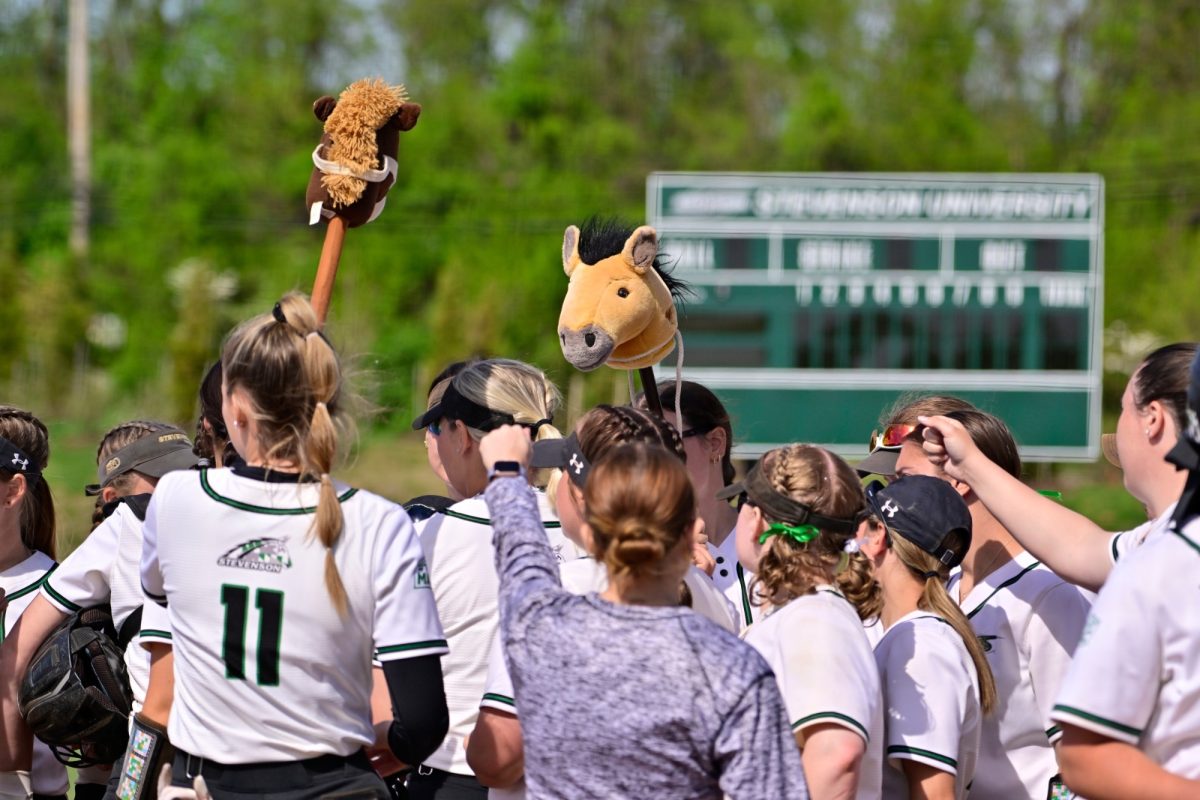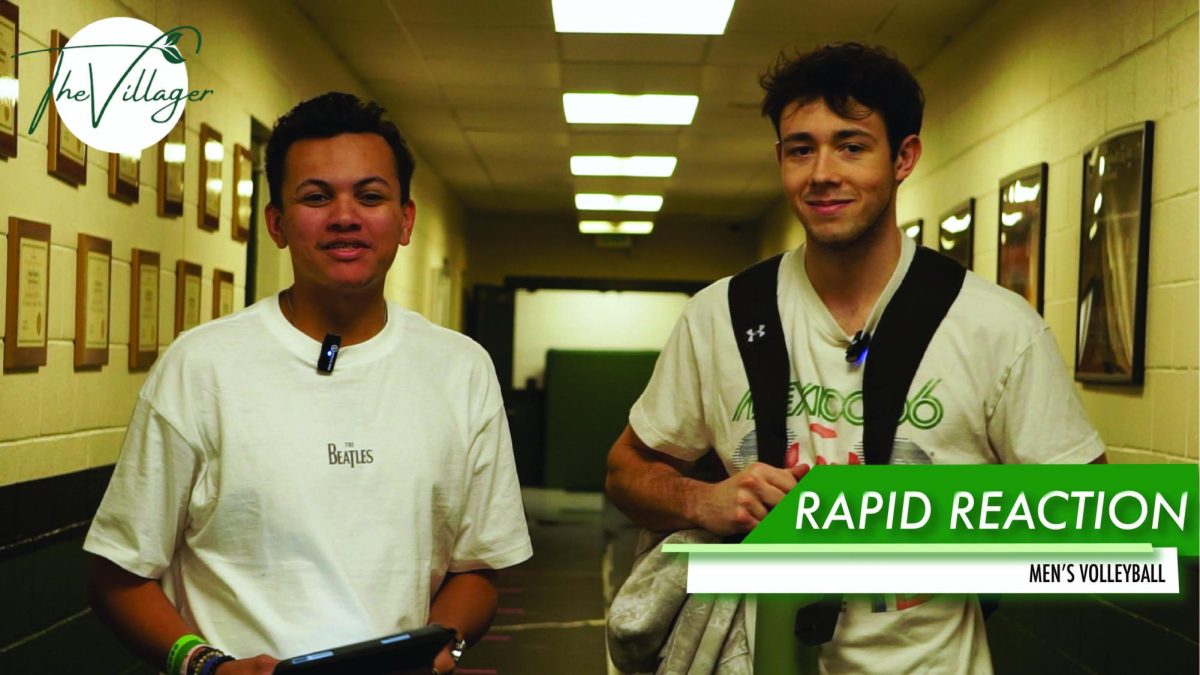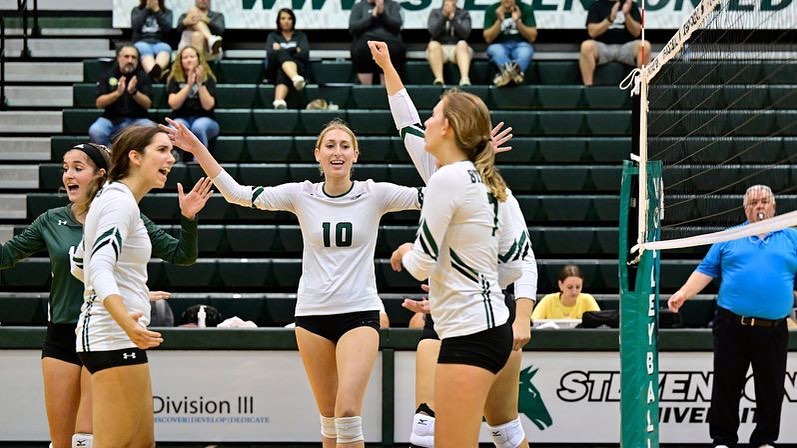Not enough people know how to manage crises in a collegiate sport setting, a social justice educator told a virtual audience on Sept. 29 during her monthly webinar series.
Jen Fry, veteran collegiate volleyball coach turned social justice educator, found her calling when she realized that more than student-athletes needed training through an antiracist lens. In her monthly webinar series “You Know I’ve Got Something to Say,” she discusses anti-racism, inclusion, conflict, equity among other topics. Fry discussed crisis management the last Tuesday of September to an audience of about 30 people on Zoom, including several Stevenson students and coaches.
The looks of disappointment in the crowd made it clear that they already knew the motivation behind this topic. The rationale was the controversy surrounding the Brigham Young versus Duke women’s volleyball game in early September. Duke players say BYU fans yelled racial slurs at one of the African American Duke players while she was serving. BYU administrators released the findings of their investigation and reported that they can’t confirm the allegations.
Fry used that incident to shed light on her main idea.
“Be super proactive before anything even occurs because when we’re proactive, we can have the best ideas.” Fry said, “When we’re reactive, we’re going from a lens of fear.”
The audience consisted of a range of collegiate coaches and administration who wanted to ensure they would be prepared if a crisis happened at their schools.
After playing Division II volleyball and coaching Division I for 15 years, Fry experienced crisis moments like this before, which led to the big question.
“What is the plan around the chain of communication?” Fry asked.
Regardless of the division of the school, crisis management is essential. Unfortunately, media audiences generally only hear about issues at Division I schools, which usually causes people to overlook issues that occur at Division II and III. Stevenson participates in the NCAA Division III, which doesn’t allow athletic scholarships.
Fry asked if the audience knew whom they were supposed to reach out to and how to proceed if an issue occurred. She answered her question by telling the audience to contact their administration if they were unsure.
Eric Hammond, a second-year coach at Stevenson University for both the men’s and women’s beach volleyball teams, recalled an incident that occurred during a match earlier this Fall.
“An (alumnus) yelled something, I yelled at him, and he ran away.” Hammond said. “So, it was all good in the end.”
Hammond said that as a new coach, he’s not up to date on Stevenson’s chain of communication and plans to ask the administration to learn how to handle a situation if it escalates.
Amani Jones, a third-year baseball player at Stevenson, thought back to a game during his first year. The opposing coach attempted to speak Spanish to Jones, who doesn’t speak Spanish.
“My teammate told me what the coach said after the game.” Jones said, “It was crazy that he assumed I spoke a language because of the way I look.”
Fry reassured the audience that dealing with any crisis is not easy, but it makes it easier when you’re prepared.
“People never think it can happen to them, but it’s best to be ready if it ever does,” Fry said.













